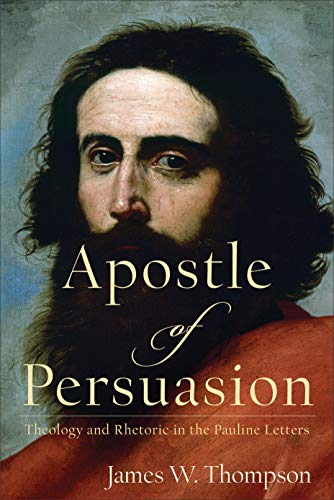Q. I was very pleased to see Chapter 3. Some 30+ years ago I wrote a book entitled Jesus, Paul, and the End of the World comparing the eschatology of Jesus and Paul, and this chapter of yours fills out the picture in a broader way of Paul’s indebtedness to Jesus and the Jerusalem church in his theology and ethics. It seems we have finally gotten well past the legacy of Bousset and Bultmann, and I agree with you that... Read more










